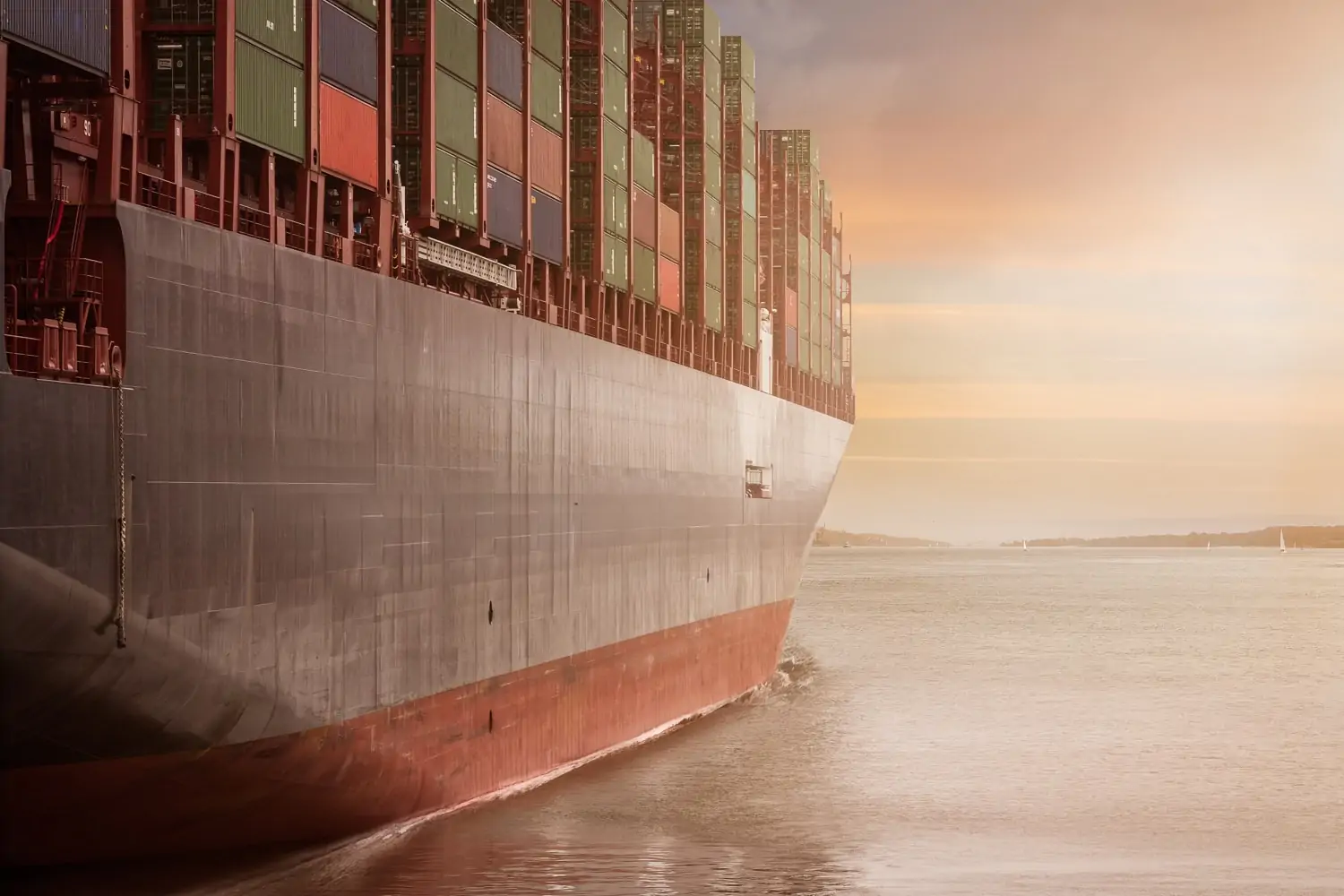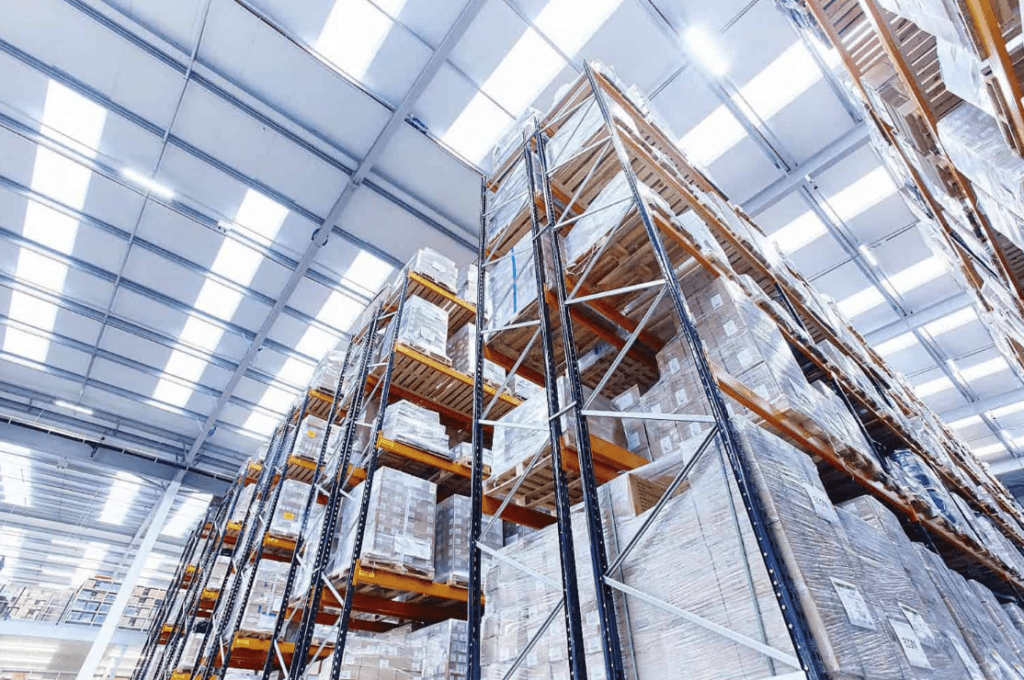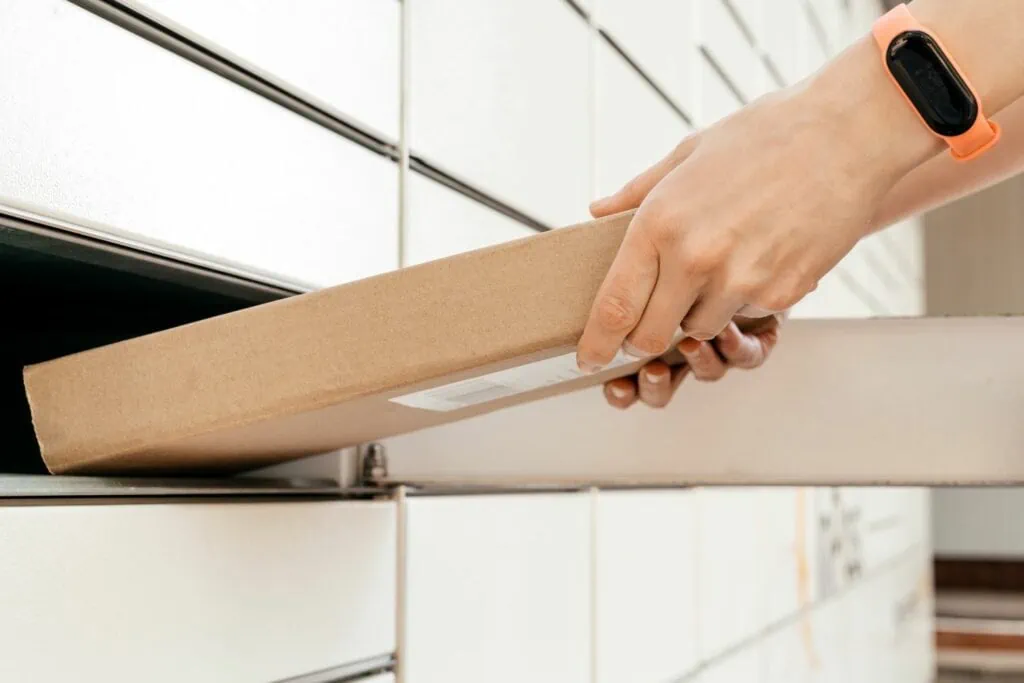
Freight Services FAQs
We’ve gathered together some of the most common freight-related queries and answers from ILG’s freight services team.
If we haven’t answered your question, please speak to one of our Freight experts on 0344 264 8000.
Frequently Asked Freight Questions
What is a CMR?
A CMR document is a contract of carriage for goods being transported internationally by road.
My goods need to be kept at a certain temperature in transit. Can you help?
Yes, we can arrange for your goods to be sent on a temperature-controlled service. Just let us know at the time of quoting that your goods are temperature-sensitive and provide the minimum and maximum storage temperatures. We can then offer you the relevant service options.
What is cross trade?
‘Cross trade’ describes a shipment transported from one country to another and arranged by a business based in a third country. For example, a shipment from the USA to France arranged by a UK business would be classified as a cross trade shipment.
Is my pallet stackable?
Whereas stackable pallets can have other freight stacked on top of them during transit, non-stackable pallets cannot. When your shipment is quoted you will be asked to confirm whether your pallet is stackable, as this will affect the price provided.
What is a groupage service?
A groupage service describes a part-load road freight shipment. Instead of paying for an entire vehicle to carry your goods, you only pay for the space taken up by your freight, as freight from other shippers would be consolidated with yours on the same vehicle. A groupage service from the UK to Europe would be slightly slower than a dedicated service.
How do I get a quote for shipping my goods via a freight service?
For any freight requirements, please email us at freight@ilguk.com and a member of our freight team will be happy to help.
Are there size or weight limits when shipping via a freight service?
The short answer is ‘yes’. But limits depend on factors such as the service required or the origin and destination of shipment. For example, if you are shipping via air freight, 160cm is the maximum height that a passenger aircraft can accommodate. If your shipment is larger, then a cargo aircraft would be a better (but more expensive) alternative. If shipping by road, a load of 10 pallets is too large for a single van, so a larger vehicle would be required.
What is the difference between LCL and FCL?
FCL (Full Container Load) refers to a shipment where all the container’s contents are owned by a single party. FCL is ideal for bulk shipments as you are paying for the use of an entire container.
LCL (Less than Container Load) describes a shared container where multiple shipments from multiple shippers are consolidated. Typically, LCL is used for smaller shipments which do not require an entire container and can share the space with other freight.
Are the transit times for LCL and FCL the same?
FCL shipments are usually a quicker way to ship compared to LCL shipments. Depending on the origin, destination, routing and other factors, FCL shipments can be anything from a few days to a couple of weeks faster.
What is an airway bill?
An airway bill (AWB) is a document that accompanies goods shipped via an air freight service. It serves as a receipt of goods for an airline as well as a contract of carriage between the shipper and carrier. The AWB is a legally binding document issued by a carrier or agent and provides details about the goods being shipped. The AWB is a standard form, distributed by IATA (International Air Transport Association).
What is a bill of lading?
A bill of lading (BOL) is a document issued by carriers to confirm that goods have been received in good condition and are ready to be shipped via sea freight. It is a contract of carriage between the shipper, consignee and carrier stating the terms and conditions of carriage.
Read our latest freight, fulfilment and delivery insights >
How to Make Your Order Fulfilment More Sustainable
As brands become increasingly dedicated to operating sustainably, it’s vital that their supply chain partners are equally environmentally conscious to create an aligned vision for their customers.
How Fast and Reliable Shipping Aids Growth
How your business treats shipping can have a big impact on how online shoppers choose to make a purchase. Read about the benefits of working with a 3PL that gives you multiple shipping options here.

